The Supreme Court Has Struck Down Roe v. Wade
Roughly half of U.S. states have indicated they will now ban abortion.
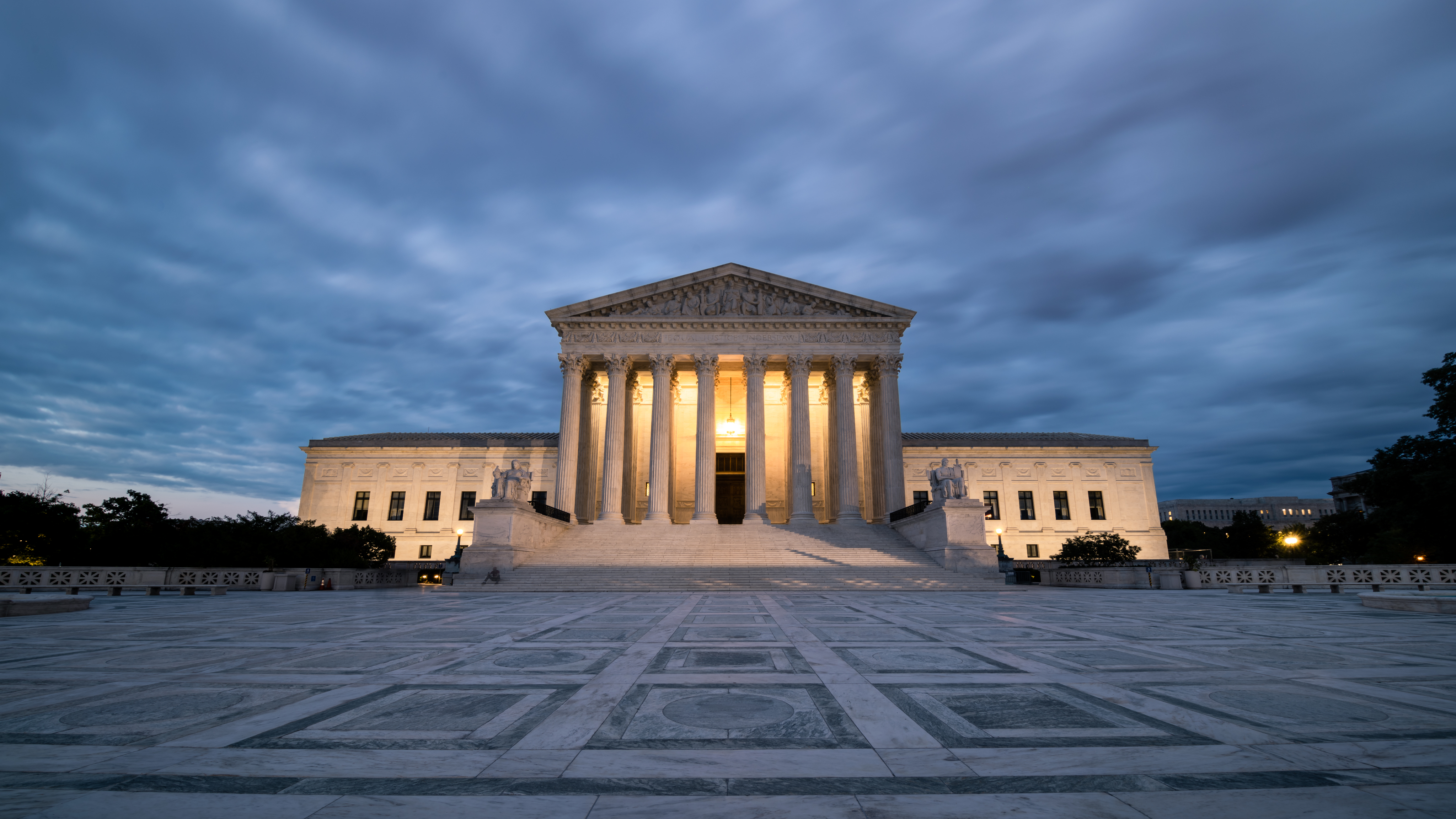

Forty-nine years after it became the law of the land, the landmark Roe v. Wade decision—a Supreme Court ruling that made access to safe and legal abortion a constitutional right—has been struck down. Ruling in the case of Dobbs v. Jackson Women's Health Organization on Friday, the Supreme Court overturned the Roe precedent in a 6-3 decision, essentially allowing individual states and jurisdictions to pursue bans on abortion. In other words, reproductive freedom is no longer a constitutionally protected right across the United States.
"The Constitution does not confer a right to abortion; Roe and Casey are overruled; and the authority to regulate abortion is returned to the people and their elected representatives," the decision reads.
A draft of the decision had been leaked to Politico in May, causing widespread uproar. President Biden noted prior to the decision that he was considering executive orders with the goal of protecting reproductive freedom in the wake of the decision, though Vox notes that an executive order could not directly challenge the ruling.
More than a dozen states already have "trigger laws," designed so that if Roe falls—as it now has—abortion bans immediately go into effect in the state. Roughly half of U.S. states have indicated that they plan to ban abortion in the wake of the decision.
"We hold that Roe and Casey must be overruled," wrote Supreme Court Justice Samuel Alito. "The Constitution makes no reference to abortion, and no such right is implicitly protected by any constitutional provision, including the one on which the defenders of Roe and Casey now chiefly rely—the Due Process Clause of the Fourteenth Amendment. That provision has been held to guarantee some rights that are not mentioned in the Constitution, but any such right must be “deeply rooted in this Nation’s history and tradition” and “implicit in the concept of ordered liberty.”"
The full decision can be read here.
Stay In The Know
Get exclusive access to fashion and beauty trends, hot-off-the-press celebrity news, and more.

Jenny is the Digital Director at Marie Claire. A graduate of Leeds University, and a native of London, she moved to New York in 2012 to attend the Columbia University Graduate School of Journalism. She was the first intern at Bustle when it launched in 2013 and spent five years building out its news and politics department. In 2018 she joined Marie Claire, where she held the roles of Deputy Digital Editor and Director of Content Strategy before becoming Digital Director. Working closely with Marie Claire's exceptional editorial, audience, commercial, and e-commerce teams, Jenny oversees the brand's digital arm, with an emphasis on driving readership. When she isn't editing or knee-deep in Google Analytics, you can find Jenny writing about television, celebrities, her lifelong hate of umbrellas, or (most likely) her dog, Captain. In her spare time, she writes fiction: her first novel, the thriller EVERYONE WHO CAN FORGIVE ME IS DEAD, was published with Minotaur Books (UK) and Little, Brown (US) in February 2024 and became a USA Today bestseller. She has also written extensively about developmental coordination disorder, or dyspraxia, which she was diagnosed with when she was nine.
-
 Netflix's 'Bad Influence' Is Its Latest Harrowing True-Crime Docuseries. Here Is Where the Subject Piper Is Now
Netflix's 'Bad Influence' Is Its Latest Harrowing True-Crime Docuseries. Here Is Where the Subject Piper Is NowThe documentary examines a kidluencing empire and the lawsuit against it.
By Quinci LeGardye Published
-
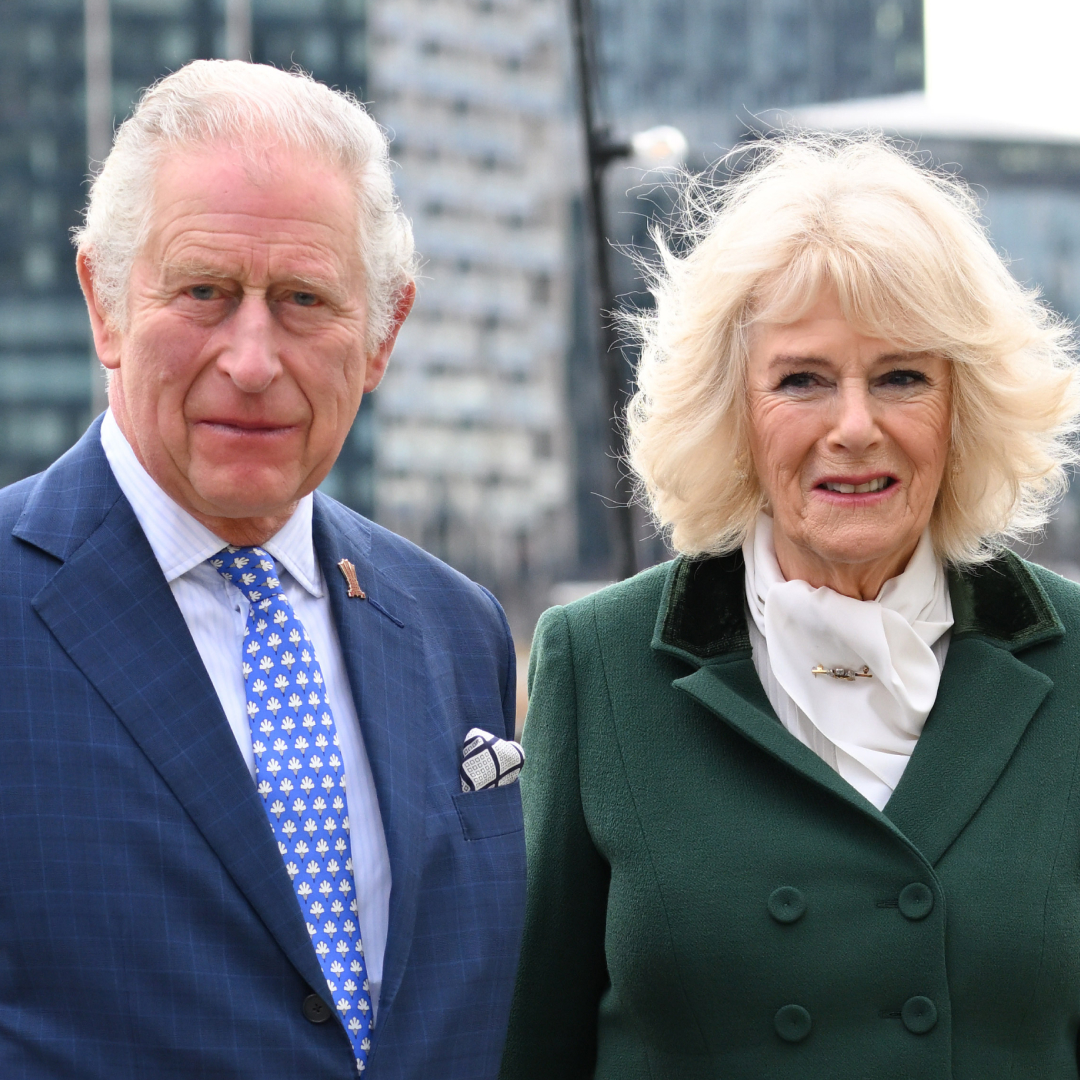 Why King Charles and Queen Camilla "Wept" at Windsor Castle Event and "Set Off the Staff"
Why King Charles and Queen Camilla "Wept" at Windsor Castle Event and "Set Off the Staff"A royal expert revealed that "everybody was sobbing."
By Kristin Contino Published
-
 This Hybrid Shoe Is the Last Trend I Expected Hailey Bieber to Wear
This Hybrid Shoe Is the Last Trend I Expected Hailey Bieber to WearShe makes the comfy style look so intriguing.
By Halie LeSavage Published
-
 What's at Stake in the 2022 Midterm Elections
What's at Stake in the 2022 Midterm ElectionsWith abortion rights, democracy, and many more critical issues on the ballot, there’s no room for apathy this election cycle.
By Rachel Epstein Published
-
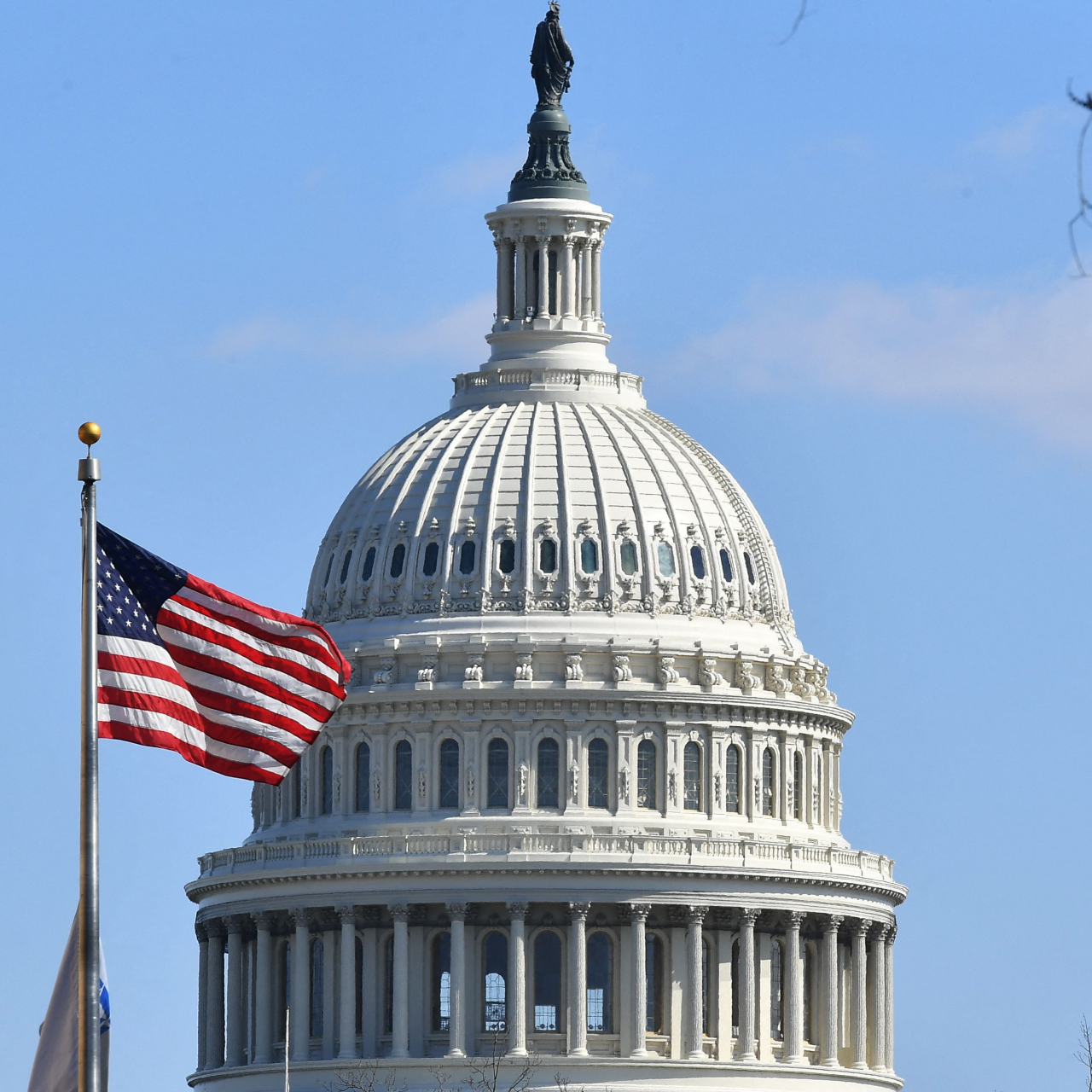 The 2022 Midterm Elections: What to Know Ahead of Election Day
The 2022 Midterm Elections: What to Know Ahead of Election DayConsider this your guide to key races, important dates, and more.
By Rachel Epstein Published
-
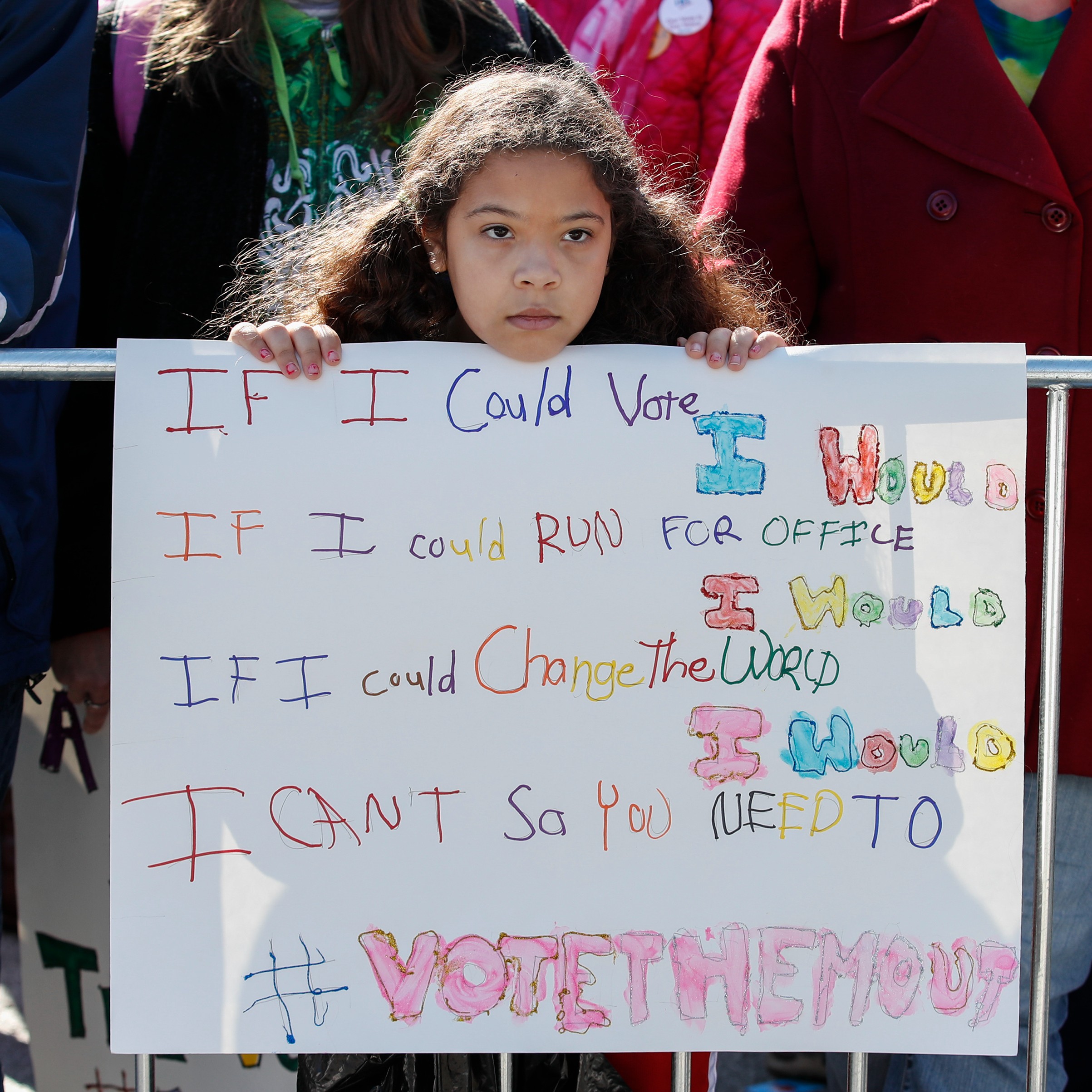 4 Ways Your Rights Are on the Ballot This Election
4 Ways Your Rights Are on the Ballot This ElectionAccording to Vice President Kamala Harris.
By Emily Tisch Sussman Published
-
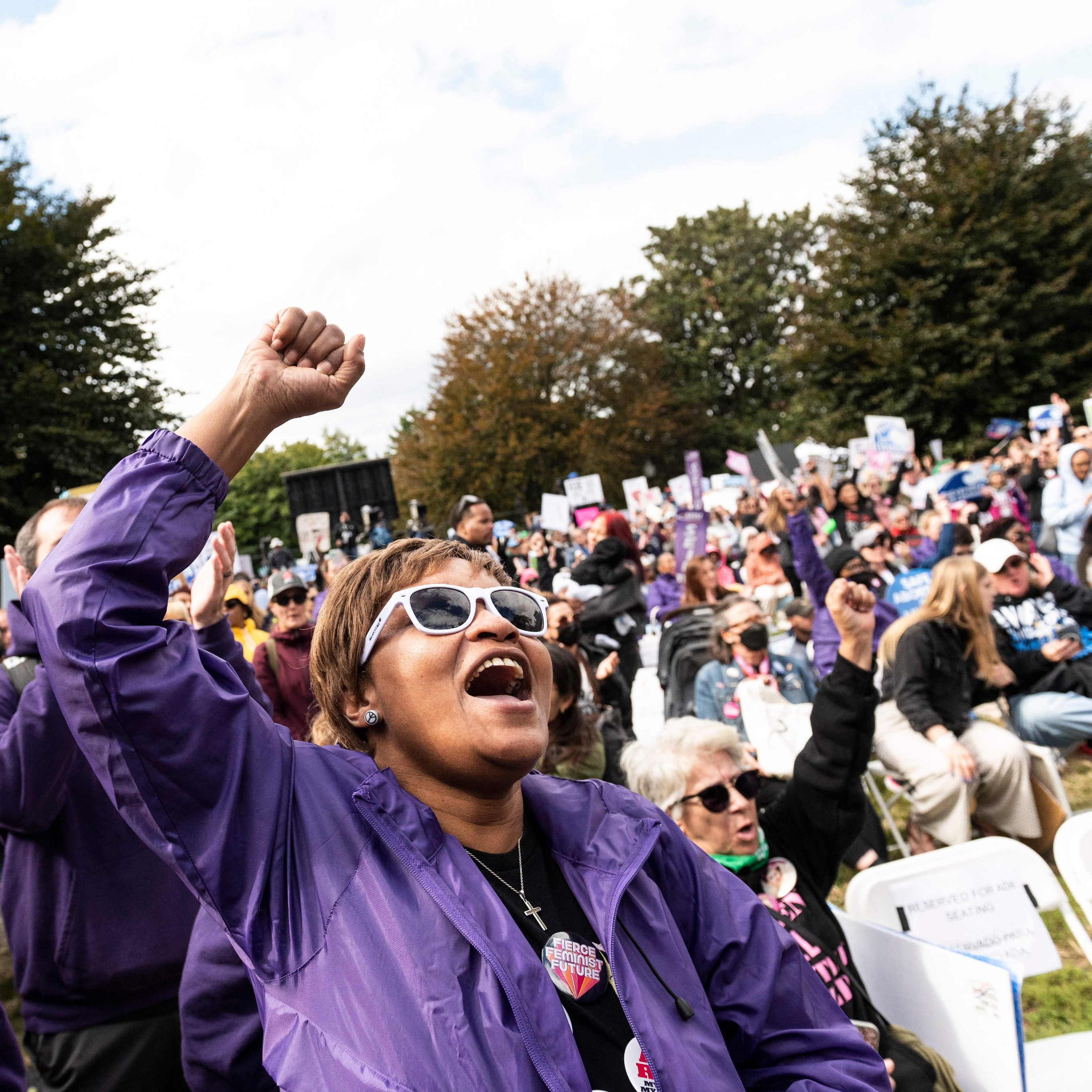 Moms Will Make the Difference in the Midterm Elections
Moms Will Make the Difference in the Midterm ElectionsA plethora of issues impacting women and children will be top of mind for moms as they head to the polls this November.
By Emily Tisch Sussman Last updated
-
 This Bill Wants to Stop Anti-Abortion Groups From Getting Your Private Data. Period
This Bill Wants to Stop Anti-Abortion Groups From Getting Your Private Data. PeriodPost-Roe period tracking apps and search history suddenly have serious implications.
By Emily Tisch Sussman Published
-
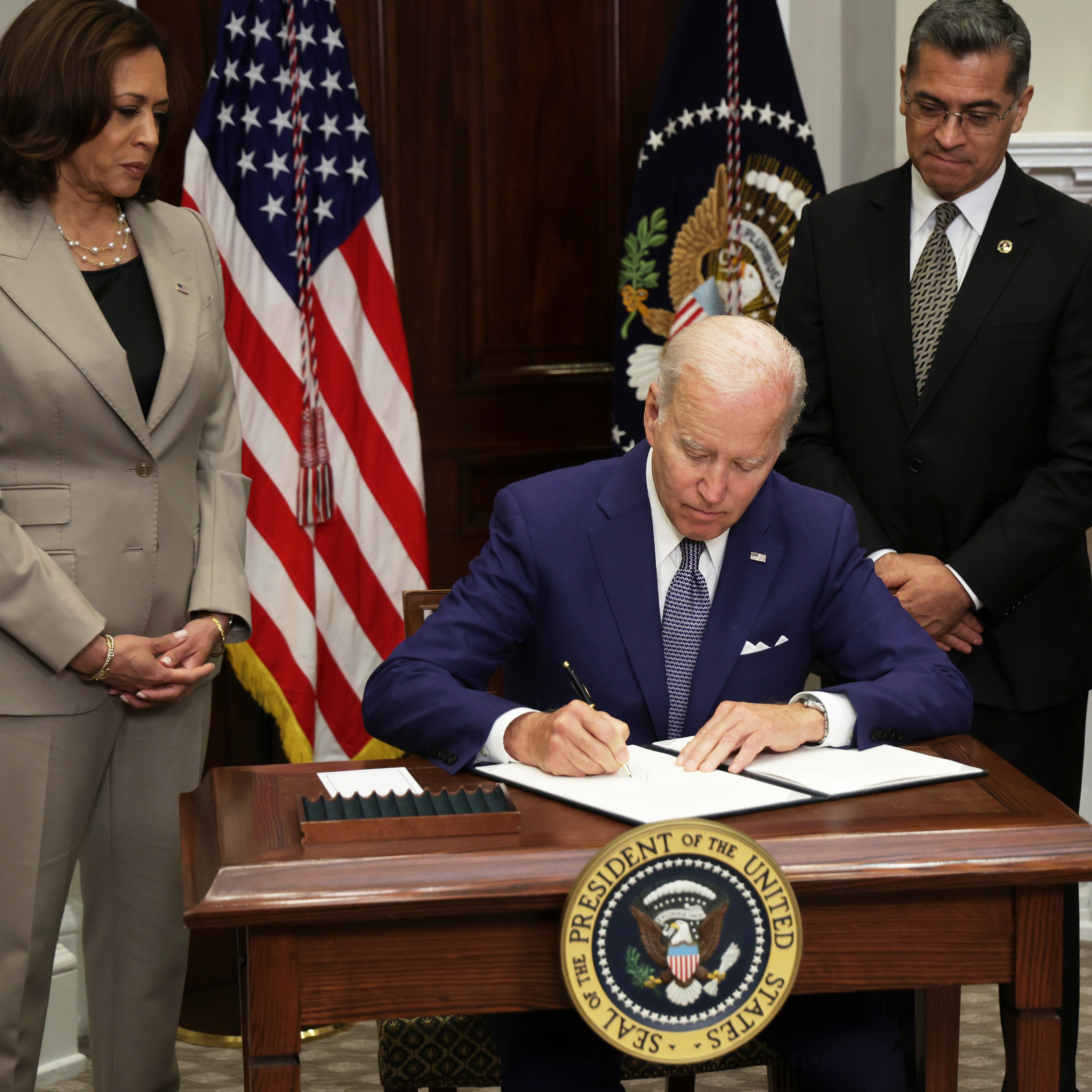 Breaking Down President Biden’s New Executive Order on Abortion Rights
Breaking Down President Biden’s New Executive Order on Abortion Rights\201cWe feel really strongly, particularly given the tremendous amount of legal chaos that has ensued since this decision, that it’s incumbent on us to be careful.\201d
By Lorena O'Neil Last updated
-
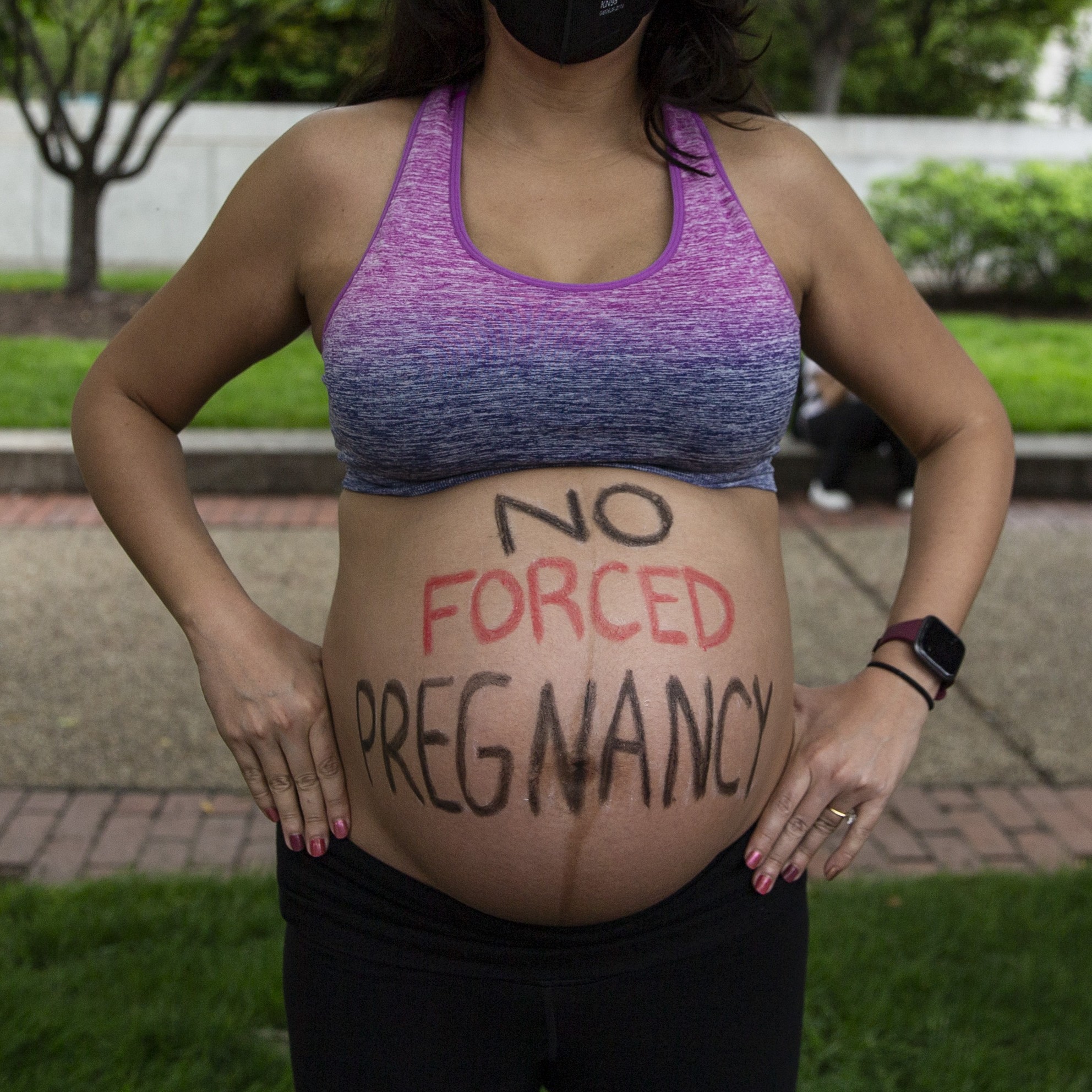 Post-Roe, Pregnant People Will Become Suspects
Post-Roe, Pregnant People Will Become Suspects\201cWe anticipate a very dramatic increase in the rate of criminalization of all pregnancy outcomes.\201d
By Lorena O'Neil Last updated
-
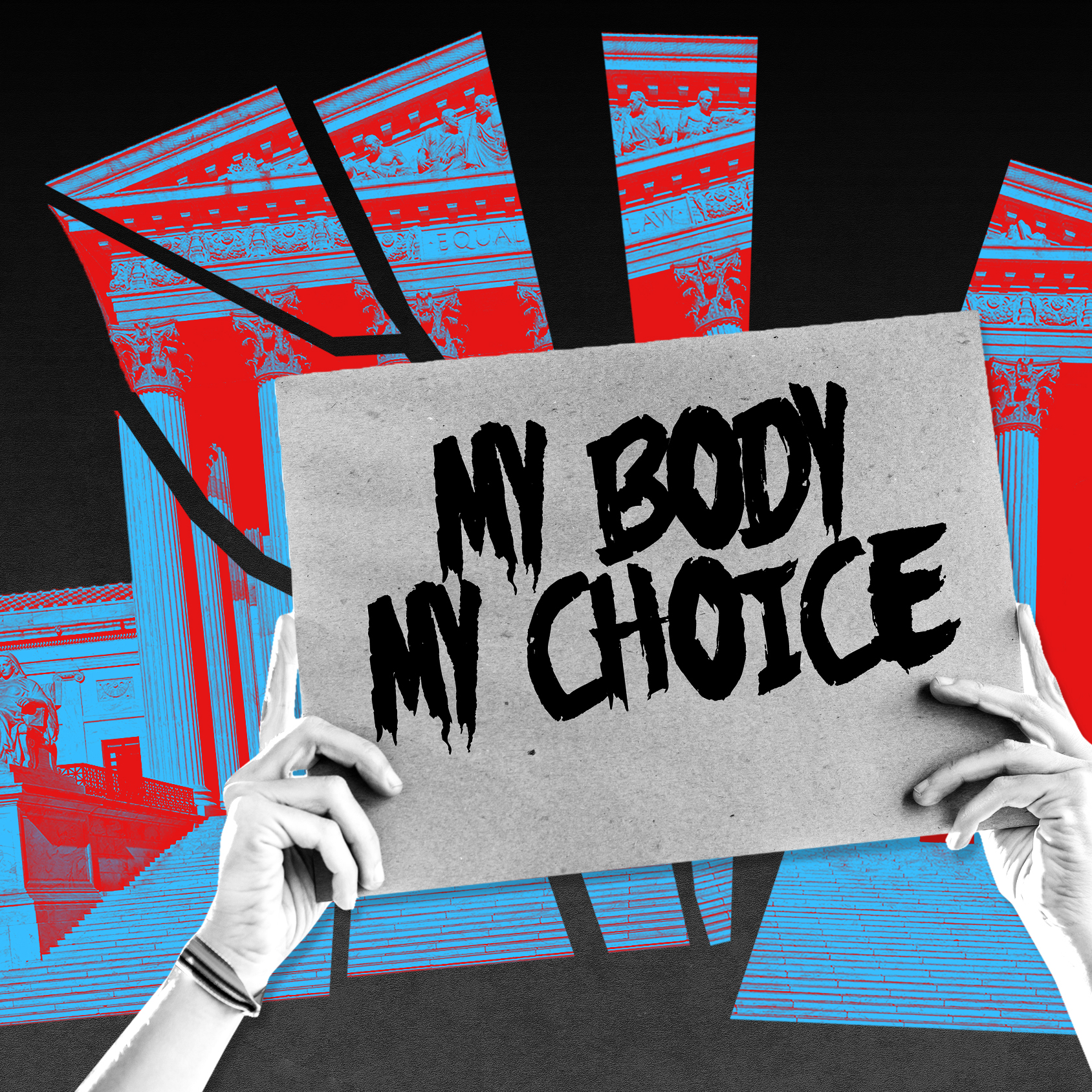 14 Abortion Rights Organizations Accepting Donations to Support Their Fight
14 Abortion Rights Organizations Accepting Donations to Support Their FightFeatures 'Roe' is no longer the law of the land, but these organizations won't stop fighting.
By Gabrielle Ulubay Published